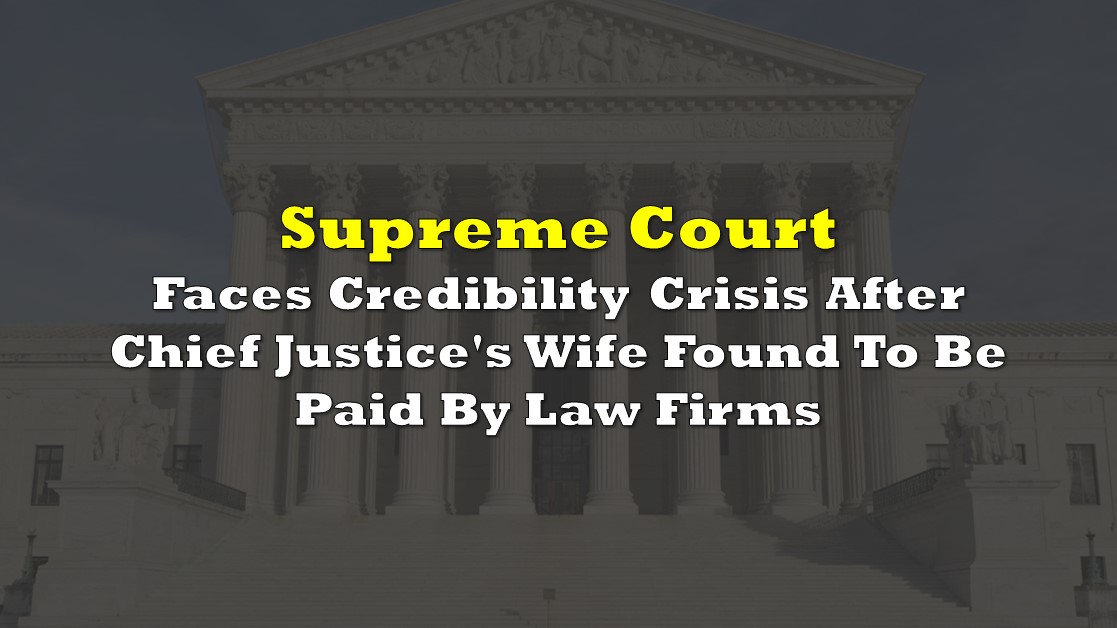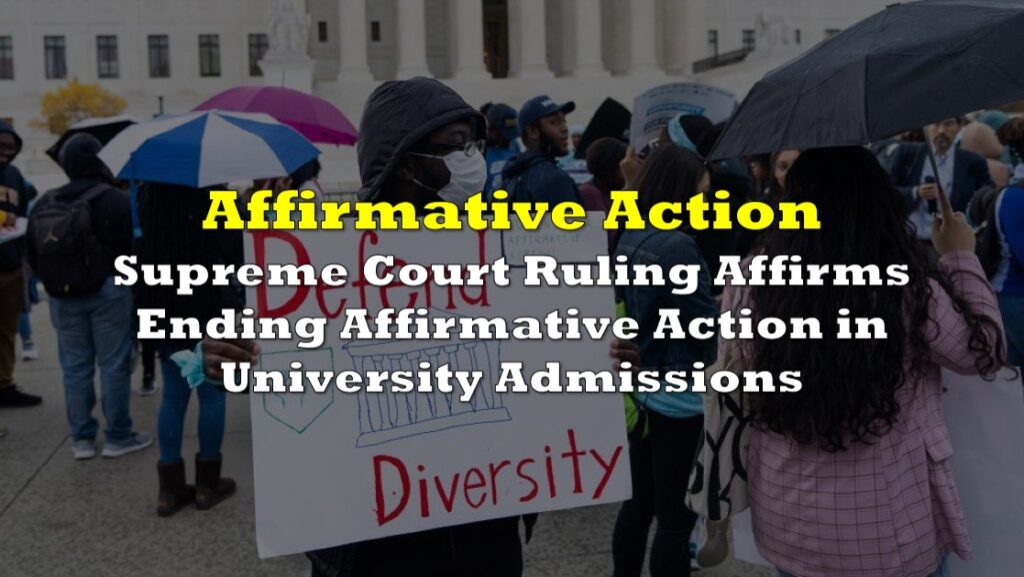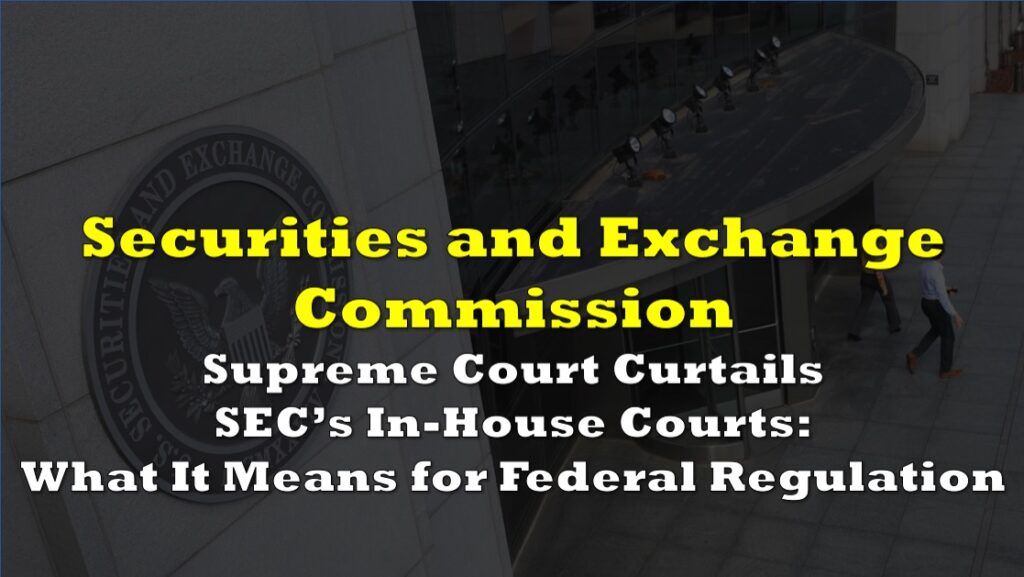Many Americans believe the country’s political leaders — especially leaders of the opposite party — have dangerously extremist views, are pushing the country in the wrong direction, and in some cases are corrupt. Moreover, divisions in the country seem to have dramatically widened over the last decade and show no signs of lessening.
Skepticism about U.S. leaders has even filtered down to perhaps the most respected of all U.S. institutions, the country’s Supreme Court. Increasingly, a make-or-break characteristic of a Supreme Court appointee seems to be his or her political views, prompting many to question the impartiality of justices with lifetime appointments to the nation’s highest judicial body.
Such concerns will doubtless be magnified by the April 28 media reports that Jane Roberts, the wife of Supreme Court Chief Justice John Roberts, was paid US$10.3 million by corporations and law firms for her services as a legal recruiter who placed high-priced attorneys at those entities over the eight-year period of 2007-2014.
NEW! According to whistleblower documents provided by whistleblower Kendal B. Price, the wife of Supreme Court Chief Justice John Roberts made $10.3 million in commissions from large law firms, per Business Insider.
— Ed Krassenstein (@EdKrassen) April 28, 2023
Here are some of the details of the allegations:
– Jane… pic.twitter.com/iuITnTprXX
At least one of the law firms (which paid her hundreds of thousands of dollars for her services) argued a case before the Chief Justice Roberts-led Supreme Court, and other law firms which paid Ms. Roberts could be seeking to do so as well. Justice Roberts has been Chief Justice of the Supreme Court since 2005.
Ms. Roberts continues to work as a legal recruiter or headhunter. Judge Roberts’ most recently filed financial disclosure makes no mention of the amount of money his wife makes, nor which firms paid her. Other federal judges are required to make detailed financial disclosures; however, the nine Supreme Court justices are not.
The news regarding Chief Justice Roberts’ wife comes on the heels of recent reports that:
- 1) fellow Supreme Court Justice Clarence Thomas accepted expensive travels gifts from a billionaire Republican donor and sold land for more than US$100,000 to that same donor; and
- 2) Justice Neil Gorsuch, another Supreme Court member, sold property in Colorado to the CEO of one of the U.S.’s biggest and most active law firms (in terms of the number of cases argued in front of the Court) nine days after he received Senate confirmation to the Court.
Very little of this inspires confidence that Supreme Court justice is truly blind.
Wow. A whistleblower alleges that Jane Roberts—wife of Chief Justice John Roberts—was paid more than $10 million in recruiting fees from top law firms that had business in front of the Court.
— Sawyer Hackett (@SawyerHackett) April 28, 2023
Below is one page of the report showing her earnings. More: https://t.co/ccEDxinEQL pic.twitter.com/RpEkR94DNy
None of these three justices have apparently entertained any thought of resigning based on their questionable actions. Fifty-four years ago, the standards were apparently quite different.
In 1969, Abe Fortis resigned a Supreme Court seat to which he was appointed just in the previous year after the media learned that he had accepted a US$20,000 annual retainer in 1966 to consult for a family foundation of a disgraced Wall Street financier. That same year, he quit the foundation and returned the money. Nevertheless, Mr. Fortas chose to resign his lifetime appointment to the Supreme Court.
Information for this briefing was found via Business Insider and the sources mentioned. The author has no securities or affiliations related to this organization. Not a recommendation to buy or sell. Always do additional research and consult a professional before purchasing a security. The author holds no licenses.









